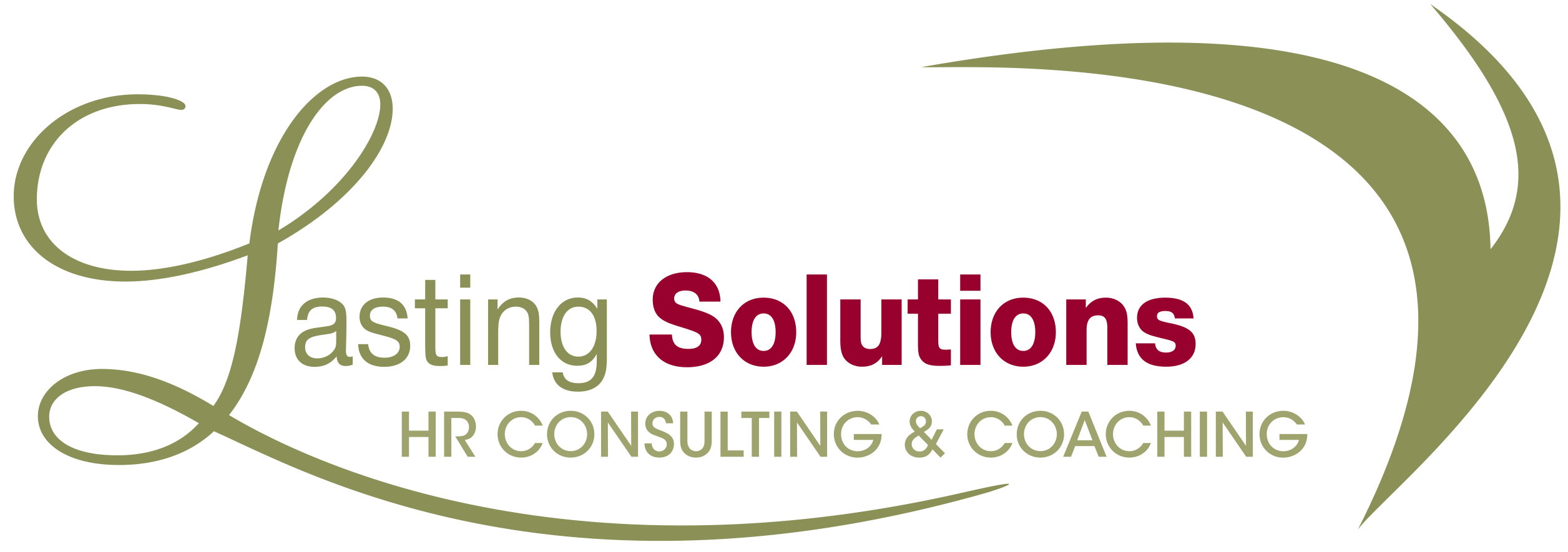Your Skills and Accomplishments
What’s in your Tool Box?
With our busy personal and professional lives, we rarely stop to consider what we are good at, what we love to do, and what our skills and accomplishments are. We just do what we have to do and then move on to the next item that needs to be taken care of.
In today’s business world, whether we are looking for a new job, interested in a promotion, or defending our performance, we must be able to confidently and succinctly speak about our accomplishments and abilities that benefit the organization we work with, or would like to work with. When you can do this well, you are marketing your talents effectively. Some of us may find this difficult, as we think this is bragging, but it’s not at all. Being able to speak about your skills and accomplishments with confidence and enthusiasm will help you to personally project confidence and give current and potential employers a positive insight into what you have to offer.
There are four key aspects at the core of understanding your skills and accomplishments. They include understanding what skills are necessary to keep yourself marketable, what skills you excel at, what skills you enjoy doing, and what skills you need to improve. In order to achieve the most out of this, you should conduct an annual audit of your skills and accomplishments. Identifying these four key aspects is the basis for building a great resume, speaking confidently in interviews, and acting as a “memory catcher” as time goes on and we may not remember some of our accomplishments easily. I think of skills and accomplishments as being the contents of a full tool box—there are lots of tools in the box and you bring out the right ones when you need them.
The following steps will help you through this process:
- Create a spreadsheet and identify in columns all the skills you need for your current career. These should include the technical skills required for your specific career (e.g., Accounting, Engineering, HR, Sales, Trades, etc.) and the soft skills (leadership, collaboration, team building, co-ordination, etc.)
- In each column, write as many accomplishment statements as you can for each skill you have identified. Use strong, action-oriented words to describe your accomplishment. Be sure to include a result so your accomplishment isn’t left unfinished. The best results are tangible, with dollars or percentages noted. If you can’t quantify some of your accomplishments, then qualify them—e.g., “increased customer satisfaction.”
If you’ve never completed this exercise before, it will take time. Be patient, as it is worth the results. Once you begin this process, it will begin to flow, sometimes when you least expect it, so have pen and paper handy.
When you are satisfied with your list, review it. This is what you will note:
- For the skills you are good at and enjoy, you will have lots of accomplishment statements.
- For the skills you need help with or don’t enjoy, you will have fewer. Take the time to consider if you need to improve these skills. If so, the next step is determining how to gain/improve those particular skills.
- If you are seeking a new job or career, identify the skills needed, add them to your spreadsheet, and start identifying how you can obtain these skills.
By managing these four key aspects of your career, you are well on your way to updating your tool box.
If you would like more information regarding career strategy, please check out my Free Resources tab on my website at www.hrcareertransition.com, Like me on Facebook at Conscious Career Planning with Lotte, follow me on Twitter @lottestruwing, or connect with me on LinkedIn at Lotte Struwing.


Leave a Reply